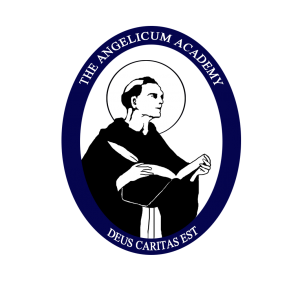The Socratic classes teaches the liberal arts of dialectics, rhetoric and proper grammar in live situations online, and are also a preparation for our live, Great Books class discussions, teaching students to think and speak properly, logically, coherently, and politely.
- Dialectics – a method of argument for resolving disagreement that has been central to European and Indian philosophy since antiquity. The word dialectic originated in ancient Greece and was made popular by Plato and the Socratic dialogues. The dialectical method is conversation between two or more people holding different points of view about a subject, who wish to establish the truth of the matter guided by reasoned (logical) arguments and critical thinking.
- Rhetoric – the art or skill of speaking formally, politely, effectively and confidently, especially as a way to persuade or influence people towards the truth.
- Grammar – the set of structural rules that govern the composition of phrases, clauses and words.
The Philosophy for Children classes teach students to improve their thinking in order to better explore the philosophical dimensions of experience, such as ethical, political and aesthetic dimensions, and to improve their judgments and actions within these dimensions. Philosophy helps us learn to recognize, for instance, the ethical problems and possibilities in our experience, to think them through carefully, to make sound ethical judgments and to take appropriate action. At root, it teaches students how to discover and think about the meaning of things, ideas, people and events – to seek after wisdom – in a community of mutual inquirers (fellow students and teachers).
The online Socratic Discussion readings for the lower grades (3rd-5th) are largely taken from the Academy’s Good Books Program: the upper grade (6th-8th) Socratic Discussion readings are largely excerpts from both our Good Books Program and Great Books Program. The Philosophy for Children classes utilize texts written specifically for these classes and levels: Elfie: Reasoning About Thinking (3rd), Kio and Gus: Reasoning About Nature (4th), Harry Stottlemeier’s Discovery: Reasoning About Reasoning (5th-6th), Ethics and Critical Thinking (7th), and Socratic Logic (8th).
The online, Socratic classes and Philosophy for Children classes are of course related – both are intellectual educational efforts, so there is some overlap, as there is in virtually all intellectual disciplines and courses. Both help students learn and use the liberal arts mentioned above, but the Philosophy for Children courses add to those learning arts, teaching the students to begin to apply such skills to their own lives and problem solving, and ultimately to use those skills not merely to gain knowledge and expertise in the liberal arts, but also how to begin using them to seek after meaning, understanding, and wisdom.

